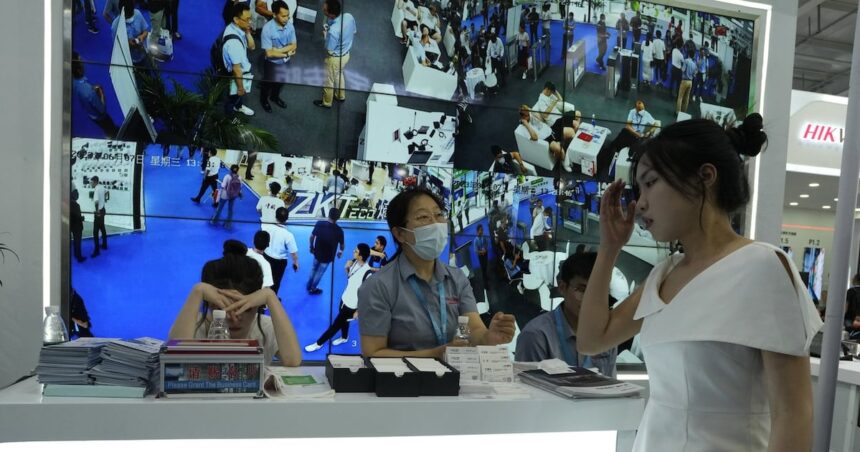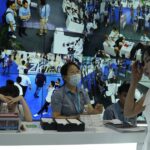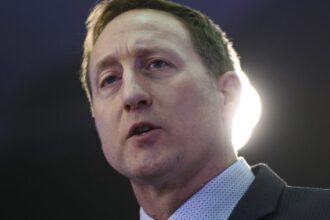In a dramatic escalation of tensions between Canada and Chinese technology firms, Hikvision has launched a scathing critique of Ottawa’s national security review process, calling the government’s order to cease operations by January 2025 “procedurally unfair” and lacking transparency. The surveillance equipment giant’s unprecedented pushback highlights growing friction in Canada’s attempt to balance national security concerns with international business relations.
“The entire review process was conducted behind closed doors, with virtually no meaningful opportunity for Hikvision to address the government’s concerns,” said Jeff Ro, Hikvision Canada’s Director of External Affairs, in an exclusive interview. “We were effectively tried and convicted without seeing the evidence against us.”
The federal government’s decision, announced last month after a years-long national security review, requires Hikvision to wind down all Canadian operations within six months. Officials cited potential risks to critical infrastructure and concerns about the company’s ties to the Chinese government as primary motivations for the shutdown order.
Industry analysts at the Toronto Economic Forum have estimated the impact could exceed $450 million in direct economic losses and affect more than 1,500 Canadian jobs. Hikvision’s surveillance systems currently operate in numerous Canadian municipal buildings, shopping centers, and transit systems, making the transition particularly challenging for many organizations.
The controversy emerges against a backdrop of deteriorating Sino-Canadian relations and increasing scrutiny of Chinese technology companies in Western markets. Similar restrictions have been implemented in the United States and United Kingdom, though Canada’s complete shutdown order represents one of the most severe responses globally.
Security experts remain divided on the necessity of such drastic measures. “There’s legitimate concern about potential backdoors in surveillance technology connected to critical infrastructure,” explained Dr. Martha Cohen, cybersecurity professor at the University of Toronto. “However, the government’s refusal to disclose specific evidence makes it impossible to evaluate whether this response is proportionate.”
The Canadian Chamber of Commerce has expressed concern about the precedent this decision sets for international business investment. “Companies need regulatory predictability,” said Chamber President Michael Bourque. “When the government can force a shutdown without transparent justification, it creates uncertainty that could deter future investment.”
Legal experts anticipate Hikvision will challenge the order in federal court. “The lack of procedural fairness could provide grounds for judicial review,” noted constitutional lawyer Patricia Menard. “Canadian law generally requires that parties affected by administrative decisions have an opportunity to know and respond to the case against them.”
The shutdown has also sparked political debate in Ottawa, with opposition parties demanding greater transparency around the national security review process. “The government can’t simply cite ‘national security’ and expect that to end all discussion,” said Opposition Leader James Thornton. “Canadians deserve to understand the specific threats that justified this extraordinary action.”
As the January 2025 deadline approaches, municipalities and businesses using Hikvision equipment face difficult decisions about replacement technologies and associated costs. Industry estimates suggest transitioning away from existing systems could cost Canadian organizations upwards of $200 million.
In what appears to be a coordinated response, the Chinese embassy in Ottawa issued a statement calling Canada’s actions “politically motivated” and warning of potential retaliatory measures against Canadian businesses operating in China.
As this situation unfolds, the fundamental question remains: in an era of increasing geopolitical tension, how can Canada balance legitimate national security concerns with the principles of procedural fairness and transparent governance that underpin our democratic system?










